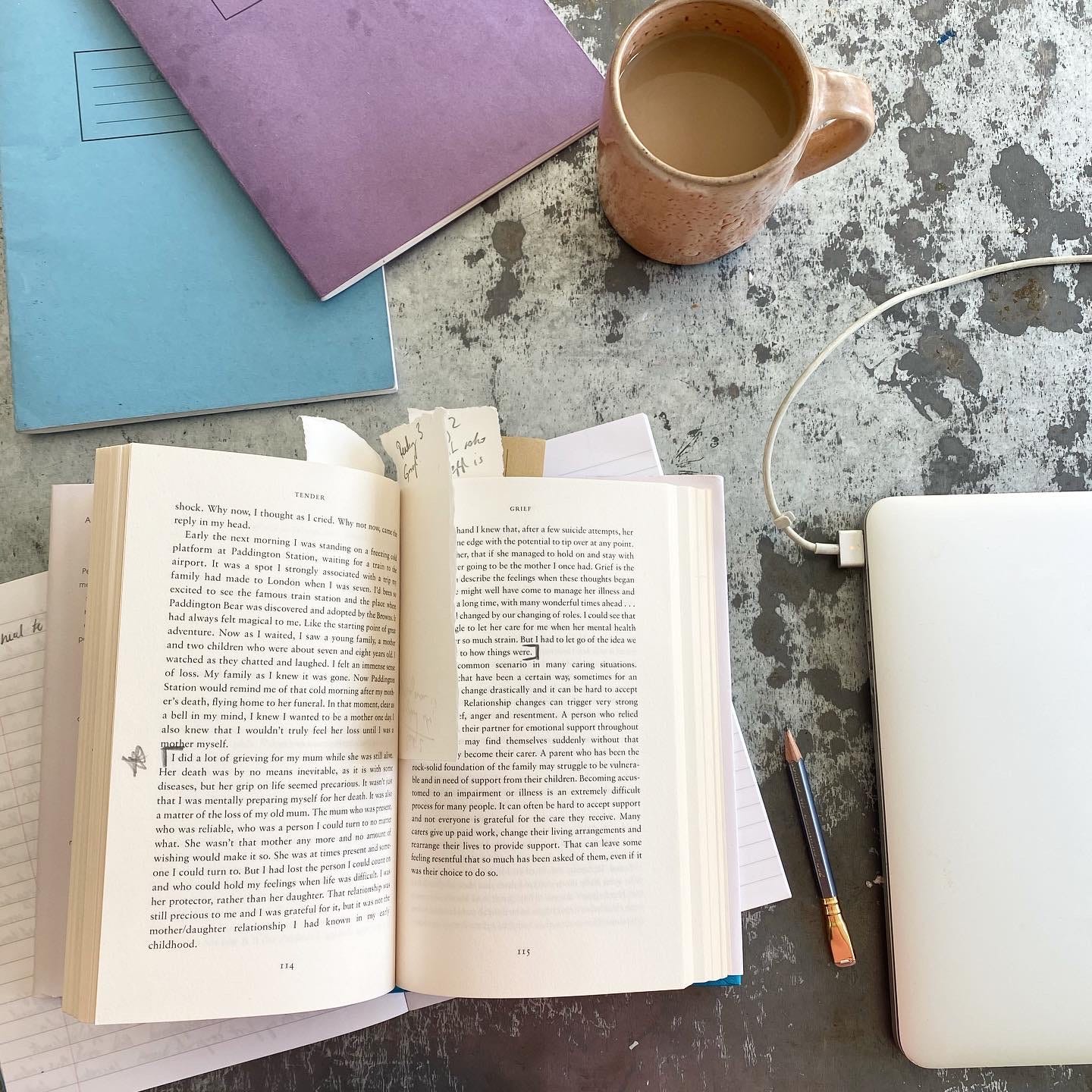When I am working with life writers, sometimes it’s not always obvious right away what shape their book will take. A decision needs to be made about whether to approach the topic in a narrative memoir, or non-fiction, or something in between.
So how are memoir and non-fiction defined? And how do you decide which is right for you?
Memoir is a type of narrative non-fiction, a first-person account of events that happened. A good way to think of it, is that it’s a narrative story and you the writer, are its protagonist. Just like in fiction, the protagonist experiences changes over the course of the story. Like a novel, except what’s on the page is based on real events.
For example – Wild by Cheryl Strayed, The Argonauts by Maggie Nelson, Beautiful Country by Xian Julia Wang
Narrative non-fiction does not always have to be memoir though. The events on the page may not have been experienced by the author themselves, but literary styles and techniques are used to write narratives that are based on true events.
For example – In Cold Blood by Truman Capote, Empire of Pain by Patrick Radden Keefe
Non-fiction is factual but the ideas may be organised more conceptually, rather than in a narrative. Non-fiction can contain a lot of stories and may involve a lot of life writing (or none at all), but what makes it different to narrative memoir, is that it is the reader themselves that experience that arc of change. This could include anything from cookbooks, philosophy, culture, science, self-help, sports, art etc.
For example – Period Power by Maisie Hill, The Stress Solution by Dr Rangan Chatterjee
Of course, there are a lot of books that blur those boundaries. Atul Gawande’s Being Mortal, Kieran Yates' All The Houses I’ve Ever Lived In and Ella Risbridger’s Midnight Chicken are all book that blur the lines between memoir and non-fiction (and I love all of them for it).
Both my first book Tender and my second (more on that soon) are non-fiction, the ideas are organised around concepts, rather than a chronological narrative. But in both I use a lot of life writing and narrative non-fiction to explore those ideas. I don’t consider it memoir, even though I write about events and topics that I have personally experienced. Many books blur those boundaries but often it’s the structure that will define which is which.
So how do you decide what is the right approach for your book if you have been affected personally by what you’re writing about and could choose either approach?
Looking inwards is essential at this stage. I ask writers to ask themselves a series of questions, that only they can answer.
- Do you enjoy reading narrative memoir?
- Can you see a clear narrative arc (a beginning, middle and end)?
- Memoir relies very much on literary technique, does that interest you?
- Do you want to include other people’s stories as well? Or just stick to your own?
- Do you want to include research and/or advice?
- Do you want to include other experts or perspectives on the topic?
- Who is your reader and what do you want them to come away with?
- What are your goals in wanting to write this book?
The answers to these questions can reveal so much about the right direction to pursue.
Lastly, I recommend that you read. A lot.
Read books on similar topics that are both narrative and conceptual in their structure and pay attention to how you respond to them as a reader. What speaks to you? Why? What do you think will best serve your ideas? Think about your ideal reader. Are they likely to be best reached through a narrative memoir, or conceptually structured non-fiction?
There are of course commercial factors to consider (memoir can be harder to sell for instance). And it’s always worth paying close attention to what is happening in the market. But there is no right or wrong answer. There is no point writing a proposal for a more instructional, non-fiction book when you adore memoir and your heart is telling you to write your story that way. But equally, personal stories and an author’s connection to the topic often makes for the most powerful non-fiction.
What ever you decide, it is always worth paying attention to what's in your heart. You are the one that has to sit down and write the book after all.





This has raised questions for me - thank you. I have found that I've been reading memoir more and more recently, not intentionally, but the books have found me, and also books which blur the boundaries, as you said. Very thought provoking.
Well this has come at a very useful time! Thank you Penny!